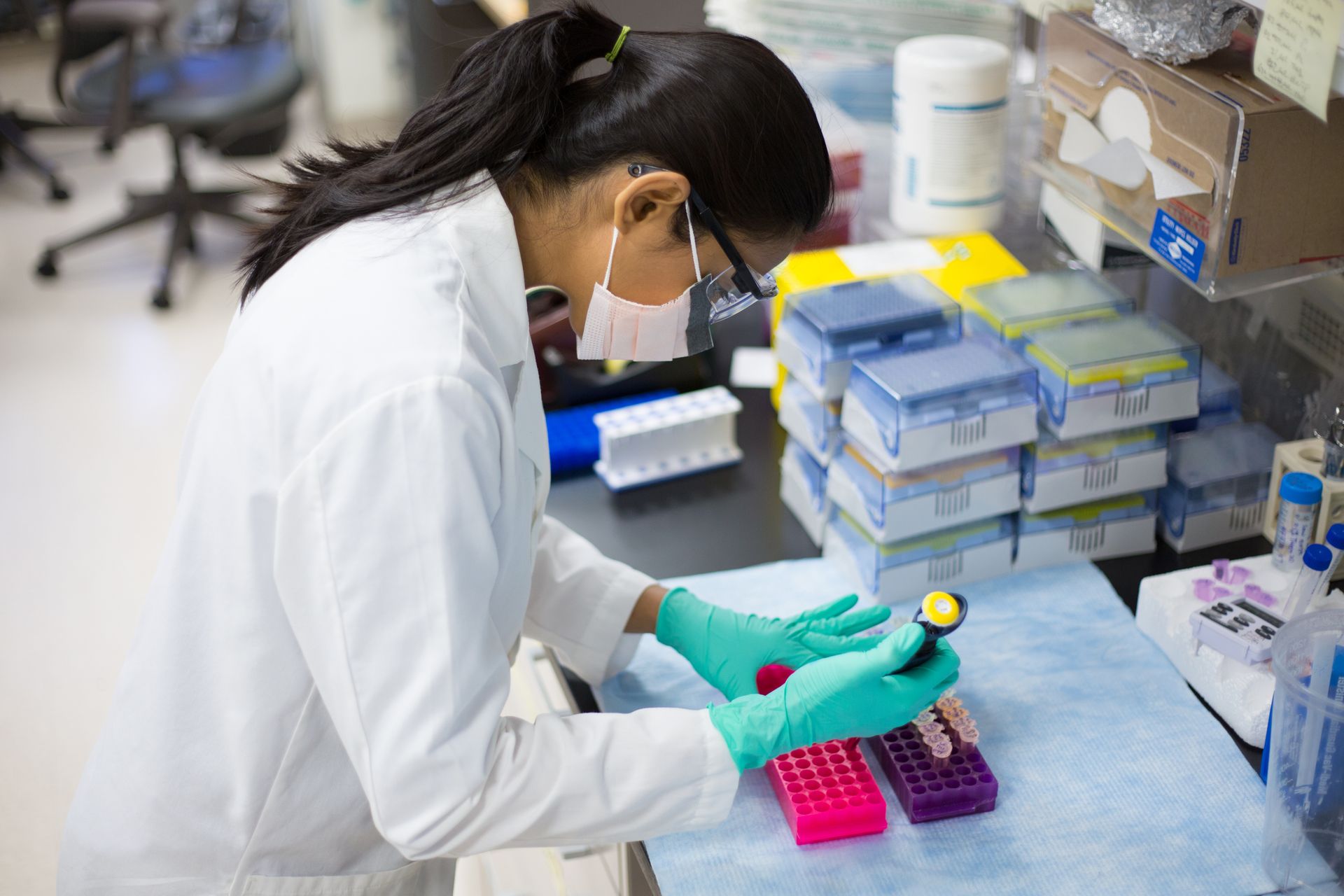Are Biomedical Engineers Happy In Their Job?
Are Biomedical Engineers Happy In Their Job?

A potential salary of $75,000 annually and a job you love probably sounds like a dream. Being able to get your foot in the door at your dream job of becoming a biomedical engineer is a great way to have a long and lucrative career in this growing field. The question is, though, "Are Biomedical Engineers Happy in Their Job?" In this article, we will explore this topic along with other information about biomedical engineering.
What is Biomedical Engineering?
Biomedical engineering is a career field focused on advancing knowledge in engineering as well as medicine and biology to improve people's health through processes, technology, and equipment that combines biosciences with clinical practices.
Basically, biomedical engineering applies the science of engineering to the art of medicine to be able to improve the health, function, and overall well-being of individuals and even society as a whole. There are many technological advances that are already transforming the field of medicine, so this is a very important and growing career field to be a part of in the future.
What Is A Career In Biomedical Engineering?
If you enter the biomedical engineering field, you will be applying the science of engineering to the art of medicine. You will be doing this to be able to improve the overall health and well-being of people throughout the country and even the world. You can do this by creating technological and medical advances in various areas that will help people learn of a diagnosis sooner and a better treatment for various injuries and diseases. This is a very exciting field to be a part of, but it comes with some stress.
A biomedical scientist is a very important part of the healthcare field who's responsible for conducting experiments in a laboratory and analyzing medical research to be able to diagnose diseases effectively and develop better treatments for people. A biomedical engineer's role in the medical field is very important since they are responsible for advancing our understanding of the human body, how it works, and ways to be able to improve the overall health outcomes for people suffering from diseases or injuries.
What Does A Biomedical Engineer Do?
There are many duties that a biomedical engineer is tasked with, and some of those are listed in detail below.
Experimenting Is Important
Biomedical engineers are responsible for creating and then carrying out a variety of experiments that are used to study human tissues, body fluids, and even human cells. They use many techniques, including DNA sequencing and microscopy, to learn more about diseases and to be able to come up with potential treatments for those diseases.
Analyze The Data
Biomedical engineers are also responsible for not only collecting data but analyzing it and interpreting the results from experiments they conduct through the utilization of computerized and statistical tools. They can then use their results to be able to draw conclusions about a variety of underlying causes of diseases. By doing this, they are also able to develop new therapies for these diseases.
New Testing Procedures And Treatments
To develop new tests and treatments, biomedical engineers work diligently on developing new diagnostic tests for various diseases. They can then use their knowledge of biological processes to be able to create medical devices as well as new medications that can improve the overall outcome for a patient suffering from one of these types of diseases or even injuries.
Collaboration With Others
It is also the responsibility of a biomedical engineer to consult and collaborate with other healthcare professionals. Biomedical engineers work with various other healthcare professionals, including pharmacists, nurses, and doctors, since they can provide the scientific expertise needed to help translate their research findings into regular clinical practice for patients.
Quality Control
Another area of a career in biomedical engineering is to conduct quality control on the experiments and analysis of others. Strict protocols and quality control measures must be followed to ensure that biomedical engineers have conducted experiments that are accurate and very reliable.
Other Job Duties
Biomedical engineers are also responsible for investigating and diagnosing a variety of illnesses that people can suffer from. Some of those can include hepatitis, meningitis, diabetes, cancer, HIV, and even food poisoning. Most of the work done by biomedical engineers is conducted in a laboratory, so their typical tasks can include analyzing specimens of tissues, urine, feces, and blood. They also analyze cultures grown from samples in a laboratory and can identify different blood groups when they study blood. Biomedical engineers also interpret the results for other medical staff members and then monitor the effects of treatment and medication on their patients. It is crucial that biomedical engineers write medical reports from the very accurate records they have maintained throughout their experiments and analysis.
Jobs For Biomedical Engineers
Biomedical engineers can work in a variety of places, including medical research councils, universities, public health agencies, clinical pathology laboratories and hospitals, hospital blood and transplant units, health and safety boards, private hospitals, and even pharmaceutical manufacturers.
But Are They Happy?
In a recent study conducted by CareerExplorer.com, biomedical engineers rated their career happiness level at 3.4 out of five stars. This puts the field of biomedical engineering in the top 40 percent of all careers to embark upon. There are different types of biomedical engineers. The study also concluded that biomedical engineers, on average, make around $97,000 per year, which can always help with their happiness level when it comes to their careers.
Contact Us
If you are thinking of entering the workforce as a biomedical engineer, the employment specialists at Fladger Associates can assist you in securing the proper education and licenses and can help you find your dream job in this exciting field. Call today to get started on your new career path as a biomedical engineer!










